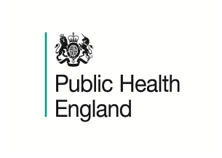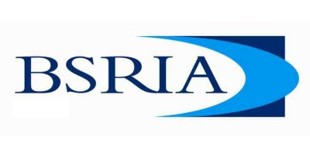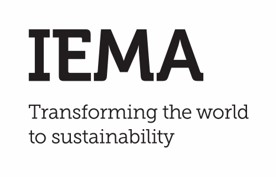PAS 3003: Code of Practice
Protecting the health and wellbeing of building occupants
Together we're making a difference for the new era of buildings
Generally speaking, PAS 3003 is being developed by industry leading experts because of the unintended consequences which have been created by European and domestic legislation (i.e. Energy Performance Certificates, Green Deal, ECO scheme’s) motivated by greenhouse gas reduction targets aimed to substantially improve energy efficiency in both new and existing buildings. Together, building and construction are responsible for 39% of all carbon emissions in the world, with operational emissions (from energy used to heat, cool and light buildings) accounting for 28%.
In other words, the pursuit of improving energy efficiency and reducing carbon emissions “in silo” has NOT considered intrinsically-linked factors that exist between buildings, human health, well-being and climate change. When designed and operated as they should be, healthier buildings have the ability to minimise energy usage and carbon emissions, have healing properties and importantly, optimise commercial effectiveness.
The unintended consequences include, but not exclusively, overheated and unventilated buildings, unhealthy humidity levels which can lead to an increase in contracting infectious respiratory diseases (i.e. COVID-19) and poor lighting quality which cause headaches, fatigue and loss of concentration. This has led to an increase in operational costs driven by cheapest capital costs and symptoms associated with the sick building syndrome.
Indoor environmental factors cannot be underestimated for people in developed countries who spend around 90% of their entire lives indoors, inside unnatural environments which, knowingly or unknowingly, have the ability to significantly impact our bodily functions – especially susceptible occupants – like the young, the elderly, certain ethnic groups, people in poverty and those who suffer with underlying mental and physical health conditions. (i.e. asthma, allergies, respiratory diseases, severe mental and physical ill health conditions)
For those who work in the supply chain, PAS 3003 is being driven by a need to provide a quality benchmark for the “Well-being of Future Generations (Wales) Act 2015”.
Initially PAS 3003 will be focusing on the UK market – with a view to develop into a formal British Standard which can then be adopted in Europe and the rest of the world with key partners.
We have reached-out to industry to contribute to the tasks-in-hand. If we’ve missed you and feel your organisation is in a position to contribute to the development of this world-first bsi document, please feel free to get in touch.
Progress to date
Due to the restrictions and situation with COVID-19, the first steering group meeting with key partners commences online on the 22nd January 2021.
To give subject matter experts/organisations who are not on the steering group an opportunity to contribute towards the development of the PAS, there are still partnership opportunities to be on the bsi review panel. Additionally. there will be a public consultation around March/April via the bsi website. (exact date will be confirmed closer to the time thorough our newsletter which you can sign-up for below)
A series of webinars are also being organised (between Feb-May) to ensure we continue to take an open, honest and transparent approach in gaining an industry-wide consensus for the outcome of the first publication.
bsi Steering Group Committee Members include:
A special thank you to our sponsors to-date:
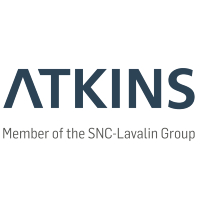
If you’re interested in being listed in foreword of PAS 3003, there are still opportunities to become a partner and benefit for doing so.
The main benefits include:
- Improving brand awareness and credibility with your industry peers and customers
- Leverage knowledge to win business and stay one step ahead of your competitors
- Shout about your involvement and early adopter opportunities
- Adapt your business plan in advance of change
Contact our team for more details.

What is a PAS?
PAS stands for Publicly Available Specification. It is a bsi document developed by leaders in a sector designed to standardise elements of a product, service or process.
A PAS is developed in conjunction with a Code of Practice, designed to set the benchmark for quality within a field.

PAS 3003
This PAS gives recommendations for the measuring, monitoring and reporting of Well-being Environmental Performance (WEP) of the building and the building services. This PAS provides an evaluation and rating system, the aim of which is to enhance “Indoor Environmental Quality” (IEQ), thereby creating healthier buildings and improving the well-being of building occupants; including but not limited to staff, visitors, tenants and customers.
It is applicable to all forms of non-domestic buildings, including existing building stock, renovations and new build developments. It covers good practice approach to the evaluation of the factors set out below:
• Air Quality
• Light Quality
• Thermal Comfort
• Noise/Soundscape
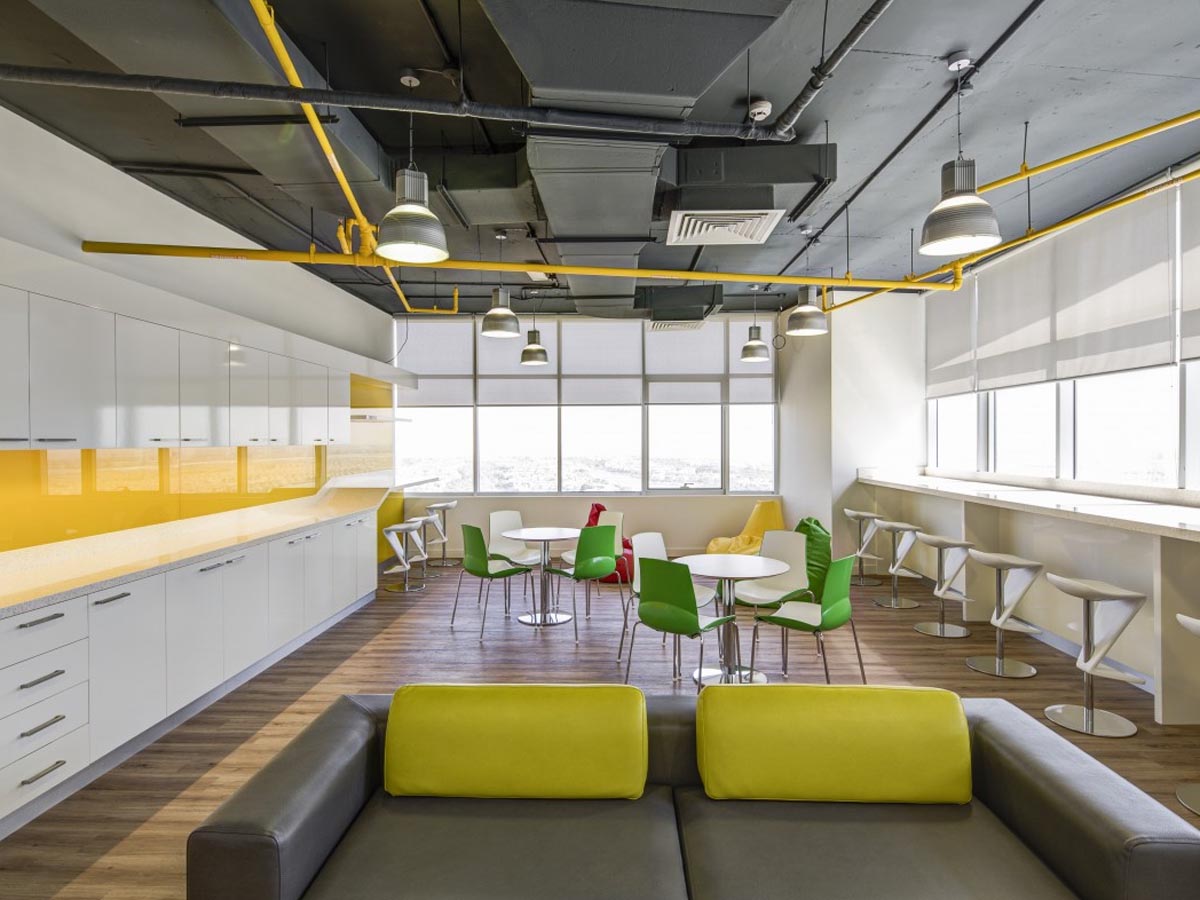
Why PAS 3003?
In recent years, regulatory and commercial pressures have led designers, constructors, building owners/landlords, tenants and maintenance teams to focus on minimising energy costs; not always considering the unintended consequences of, but not exclusively, inadequate ventilation and lighting issues which may compromise occupant mental or physical health and well-being.
With the growing concern over the impact and cost of ill-health and pressures on public services, efforts must be made to improve the quality of building stock to meet the well-being needs of current and future generations.

The building sector requires harmonised standardisation of the health and well-being performance of non-domestic buildings. Therefore, this PAS gives recommendations for measuring, monitoring and reporting of the health and well-being factors influenced by the building and the building services. It includes a multi-layered evaluation system which generates a Well-being & Environmental Performance (WEP) level and identifies areas for improvement.
With factors such as Covid-19 becoming an important aspect of day to day life, management of ventilation systems is just part of the challenge that form part of the PAS.
Be a part of the future
Partner with us and make a difference- Be a pioneer: help draft the #1 Code of Practice for Healthier Buildings
- Be a leader: working at the cutting edge of socio-economic and cultural change
- Expand and grow: leverage knowledge to win business and stay in front of your competitors
- Improve your brand: shout about your involvement and early adopter opportunities
- Show you care: leaving a positive legacy for current and future generations
- Innovate: adapt your business plan in advance of change and financially benefit for doing so
For additional information on “What is a PAS” and “What can a PAS do”, visit the bsi website



